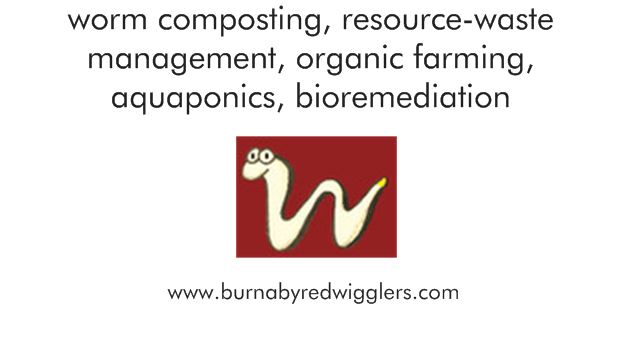A new franchise model of green business

Organic waste is an infinite resource as well as the main focus of the current Zero Waste program for the sustainability of our planet. Organic waste is easily 30-40% of the current waste stream and consists of green and brown wastes that can be found anywhere in small and large amounts. Potential sources of green wastes which are rich in nitrogen can be found in food waste and farm waste, manufacturing and municipal waste etc. Sources of brown wastes can be easily found from paper waste, sawdust and other sources that are rich in carbon material.
The growth of the organic foods market has been over 25% annually for the last several years and shows no sign of slowing. The trend to banning pesticide use on lawns, parks, gardens and fields is promoting the use of environmentally friendly soil which is a mixed media for growing healthy plants. The world-wide emphasis on bioremediation of contaminated soils and decreasing greenhouse-gas generation will result in the development of a carbon-credit trading system in Canada and around the world.
What is the relation between organic waste and organic farming? The key is in composting of organic waste and turning it into a high quality of compost. Vermicomposting is a part of composting, using compost worms or red wigglers and other beneficial soil microbes to speed-up the process of decomposition and to increase the quality of the compost; with the term “vermicompost” or worm castings. Vermiculture is producing protein or worm biomass from selective organic waste.
The target market profile of intensive vermiculture-vermicomposting are:
- Urban and suburban families including local gardeners. Most are concerned about resource waste management, organic farming and sustainability, and are therefore ready to make a difference.
- Large institutions, such as schools and universities, equestrian centres, government buildings, etc. This is a key market segment for service, as these customers are predisposed to environmental solutions, as long as the bottom line is respected.
- Supermarkets, restaurants, animal and agricultural farms, food-processing industries such as breweries, mushroom industries, soy industries. These potential customers produce large quantities of fresh organic waste which is suitable for the products and services applicable through vermiculture systems using composting worms.
- Greenhouse industries, horticultural and organic farmers, professional gardeners. They currently need high quality vermicompost and compost tea to increase their plant products (organic).
- Mining and bioremediation industries. Humic substances and high microbial activity in the vermicompost can be used for bioremediation of soil from hydrocarbon and salt contamination, also helping in reducing odour and enhancing digestion of sludge.
- Fisheries, animal fed industries, pharmaceuticals. This segment needs alternatives for high quality protein and purification services in the near future.
Can this franchise model be a fit for you? If you have resource wastes and a location to work from, and you are eager to use your resource for developing a green business, you may consider our franchise model of intensive vermiculture-vermicomposting supported by the applied science and technology for making wormery; a habitat for the red wigglers to do their job with organic waste management, organic farming and bioremediation. Like other successful business models, full technical support will be given to operate the facility. The green business will use branding to recognize the activity. The difference between this green franchise and other common franchises is that the potential partners can use their own potential resource wastes and locations while using your city or area name before the words “Red Wigglers” and logo.
Start by predicting how much waste will be generated per day. It can range from 50 kg to 5 ton per day. Instead of paying the hauling and tip fee for waste collection, make that your first investment for vermicomposting operation cost. Calculate the organic farming cost. Taking care of plants by using vermicompost that is rich in beneficial soil activity, plant growth regulators and available nutrients will save costs. This is especially evident when compared with using the resources readily available from outside e.g. soil conditioner and regular compost. By switching to vermicompost, the growing quality of your end product is significantly enhanced.
Our franchise team will help market products (compost worms and vermicompost) and services in this organic waste management model.
Please contact www.burnabyredwigglers.com if you are interested in this new model franchise.
– Bintoro Gunadi


Thank you Bintoro for the worms and the castings. I also appreciate your enthusiasm and knowledge. Let’s help the world be being more aware.
Hi Simon. I have just seen your message. All the best with your activities and your red wigglers. Happy belated World Soil Day 2020 through our feature presentation in our page on FB https://www.facebook.com/burnabyredwigglers